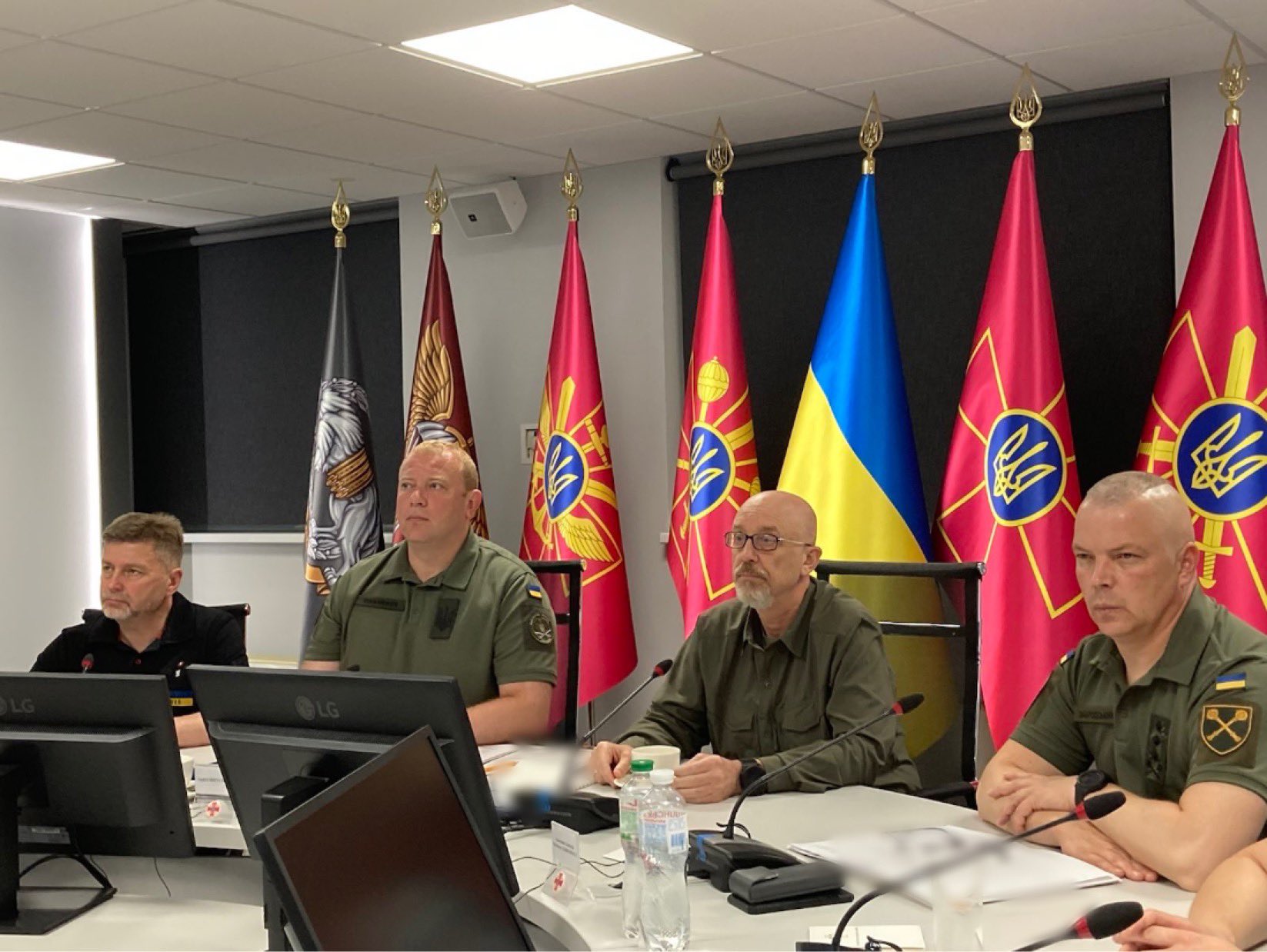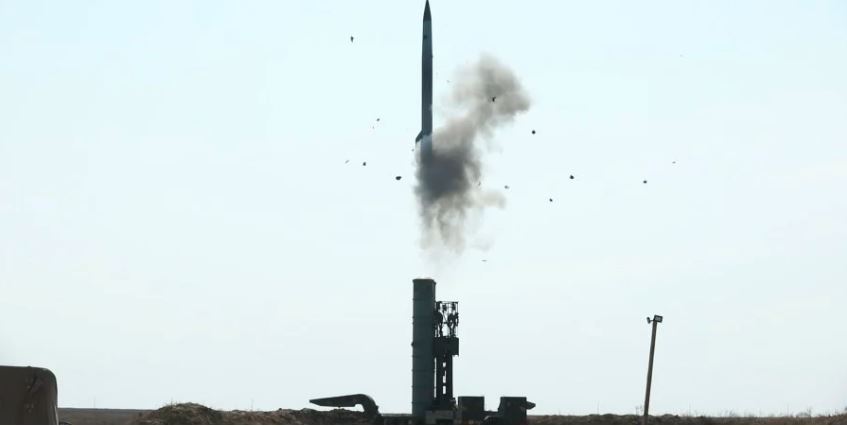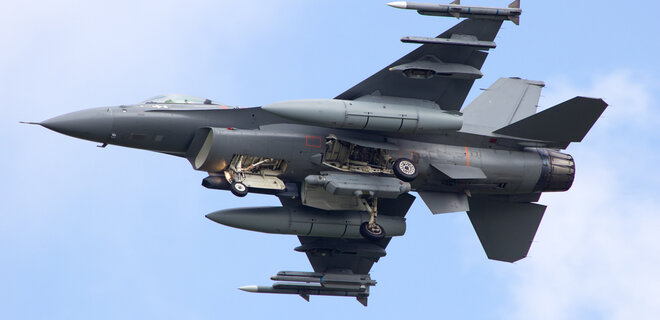The new priority of the Ramstein coalition of Ukraine's defense allies is demining equipment and air defense to boost Ukraine's offensive, LIGA.net reports following the 14th meeting of the initiative, which brought together defense ministers from more than 50 countries online.
Speaking about the results of the meeting, Ukraine's Defense Minister Oleksii Reznikov told that air defense, ammunition, and armor were its focus, a new demining coalition, led by Lithuania, was launched, and Luxembourg and Estonia presented concrete steps for developing an IT coalition, announced at the previous meeting.
https://twitter.com/oleksiireznikov/status/1681370338557403136/
The Razumkov Center's military expert Oleksiy Melnyk told Liga.net that the priorities of Ukraine's defense allies were adjusted to fulfill Ukraine's immediate needs: to ensure a successful offensive.
Since the last, 13th Ramstein meeting, Ukraine's allies had delivered the following equipment, Pentagon chief Lloyd Austin informed at the opening:
- an $800 million package from the United States with missiles for air defense systems, cluster munitions, Bradley and Stryker armored vehicles, etc;
- a package from Germany worth $770 million - with two launchers of Patriot air defense systems, 25 Leopard tanks, 40 Marder infantry fighting vehicles, and 20,000 artillery shells, etc;
- from Norway - two NASAMS launchers;
- from France - long-range SCALP missiles;
- 70 armored vehicles from Australia.
As well, during the meeting, the Benelux countries announced they will deliver a batch of repaired APC M113s, used by assault brigades, signaling the importance of Ukraine's ongoing counteroffensive for its allies.
The offensive will be slow and bloody, but far from a failure - Ukraine has not yet brought in significant reserves while some of its troops are pushing through minefields, Milley said. Austin added that Ukraine's partners continue bolstering Ukraine's military might.
Demining coalition
The formidable fortifications and minefields that Russia had prepared along the frontline is one of the reasons that Ukraine's offensive is progressing slowly. This is why demining equipment was at the focus of the meeting.
"The occupied territory is carpeted with mines," Oleksiy Melnyk told Liga.net. "Russia seems to have unlimited stockpiles of mines and remote mining equipment. After a few hours of the Ukrainian army's offensive, the corridors that have been demined are remotely mined again. The Russians have realized that this is an effective means of defense and are hunting for demining vehicles more than Leopards or Bradleys."
This is one of the reasons that Lithuania has assembled a demining coalition for Ukraine. According to a statement posted by its Defense Ministry, the coalition will aim to consolidate and coordinate the ongoing and planned demining assistance to Ukraine according to the "train and equip" principle. Apart from Lithuania, Finland, Iceland, Norway, Sweden, and soon – Denmark are involved, with other countries being invited to join.
Ammunition was also a focus of the meeting, as 155-mm munition stocks of Ukraine's allies are running low. South Korea could be a lifesaver in this regard, Melnyk says, as it is always prepared for war and has corresponding stocks and production capacities. As well, cluster munitions, whose delivery was announced by the USA, could be part of the solution, as they cut down the need for conventional munitions.
Air defense for Ukraine's front and cities
The air defense component of the meeting has three priorities, Liga.net writes: frontline tactical air defense, defense of large cities and critical infrastructure:
- Russia still has air dominance at the front, constraining Ukraine's offensive with their Ka-52 helicopters, as well as Lancet and FPV drones.
- Despite sanctions, Russia has increased its missile production, and several bloody strikes have rocked Ukrainian cities.
- As well, winter colds are approaching, Ukraine is unable to restore its energy infrastructure fully, and new energy terror strikes cannot be ruled out, making air defense all the more pressing.
Trending Now
However, the issue of air defense needs a complex approach and is exacerbated by Ukraine's lack of aircraft. In August, Ukraine's allies will start training F16 pilots within a pilot coalition launched at a recent NATO summit in Vilnius. The main work for the launch of this coalition has been launched, Melnyk says, but months are needed before the F16 could be used effectively.
New support pledges remain low for Ukraine despite military offensive, Ukraine Support Tracker reveals
Bucharest+, Budapest+: seven things Ukraine brings home from the NATO summit in Vilnius





